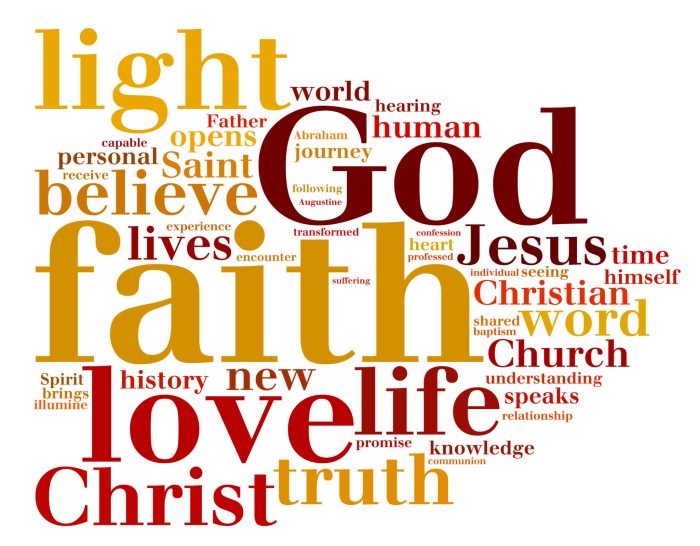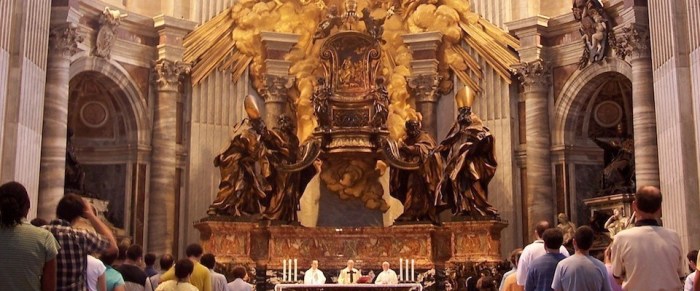The Catholic Church, as a “catholic harbor of faith and morals,” has served as a beacon of guidance and refuge for believers throughout history. This institution has played a pivotal role in shaping the moral and spiritual landscape of countless individuals, providing a framework for understanding the world and guiding ethical decision-making.
The concept of the Catholic Church as a “harbor” stems from its foundational belief in the teachings of Jesus Christ, who proclaimed himself to be the “light of the world” (John 8:12). The Church, as the steward of these teachings, has sought to illuminate the path of faith and provide moral guidance to its followers, offering a safe haven amidst the complexities of modern life.
Catholic Harbor: Meaning and Significance
The Catholic Church has been referred to as a “catholic harbor” for believers, a place where they can find refuge, guidance, and spiritual nourishment. This concept is rooted in the Church’s role as the custodian of faith and morals, providing a safe haven for those seeking truth and meaning.
Historically, the Church has served as a harbor during times of persecution and uncertainty. Its teachings and practices have offered stability and comfort to countless individuals throughout the centuries. The Church’s sacraments, such as baptism and Eucharist, are seen as channels of grace that connect believers to God and to one another.
Theological Foundations
Theological, the Catholic Church’s status as a harbor is based on its understanding of itself as the Mystical Body of Christ. According to this belief, the Church is an extension of Christ’s presence on earth, providing a means for believers to encounter God and experience his love and mercy.
The Church’s authority to teach and interpret faith and morals comes from its apostolic succession, the unbroken line of bishops who can trace their lineage back to the apostles. This authority ensures that the Church’s teachings are faithful to the original revelation of Jesus Christ.
Faith and Morals in the Catholic Tradition

Faith is the foundation of Catholic life. It is the belief in God and his revelation, as transmitted through the Church. Faith is not merely intellectual assent to a set of doctrines but a dynamic relationship with God that involves trust, obedience, and love.
Morals, in the Catholic tradition, are based on the natural law, which is the inherent order and purpose of creation. Natural law dictates certain universal moral principles that apply to all human beings, regardless of their religious beliefs.
Interconnection of Faith and Morals
Faith and morals are closely interconnected in Catholic life. Faith provides the foundation for moral decision-making, while morals provide the practical expression of faith in daily life. For example, faith in God’s love and mercy leads to a moral imperative to love others and show compassion to those in need.
The Church’s Role in Shaping Faith and Morals: Catholic Harbor Of Faith And Morals
The Catholic Church plays a vital role in shaping the faith and morals of its members. Through its teachings, sacraments, and pastoral care, the Church helps believers to deepen their understanding of the faith and to live in accordance with its moral principles.
Teaching and Transmission
The Church’s primary role in shaping faith and morals is through its teaching authority. The Church’s magisterium, or teaching office, is responsible for authentically interpreting and transmitting the faith as received from Christ and the apostles.
Moral Development
The Church also influences the moral development of its members through its sacraments, particularly baptism, confirmation, and Eucharist. These sacraments confer grace, which strengthens believers in their faith and empowers them to live a virtuous life.
Pastoral Care
Pastoral care is another important way in which the Church shapes the faith and morals of its members. Through its priests, deacons, and other ministers, the Church provides guidance, support, and encouragement to believers as they navigate the challenges of daily life.
Challenges to Faith and Morals in the Modern World
The Catholic Church and its members face a number of challenges to faith and morals in the modern world. These challenges include:
- Secularism and the decline of religious belief
- Moral relativism and the erosion of traditional values
- The rise of new ethical issues, such as artificial intelligence and genetic engineering
The Church’s Response
The Church responds to these challenges by reaffirming its teachings on faith and morals, while also engaging in dialogue with the world. The Church recognizes the need to adapt its language and methods to reach people in a rapidly changing society.
Support for Members, Catholic harbor of faith and morals
The Church also provides support to its members as they navigate these challenges. Through its parishes, schools, and other institutions, the Church offers opportunities for spiritual growth, moral formation, and community support.
The Future of Faith and Morals in Catholicism

The future of faith and morals in Catholicism is uncertain, but the Church remains committed to its mission of evangelizing the world and leading its members to salvation.
Potential Trends
Some potential trends that may shape the future of faith and morals in Catholicism include:
- A growing emphasis on the personal experience of God
- A greater focus on social justice and the common good
- The continued development of Catholic moral theology in response to new ethical challenges
Balanced Perspective
It is important to approach the future of faith and morals in Catholicism with a balanced perspective. While there are challenges to be faced, there are also opportunities for growth and renewal. The Church has a long history of adapting to changing circumstances, and it will continue to do so in the years to come.
FAQs
What is the significance of the Catholic Church as a “catholic harbor”?
The Catholic Church serves as a “catholic harbor” by providing a safe and welcoming environment for individuals to explore and deepen their faith, while also offering moral guidance and support in navigating the complexities of modern life.
How does the Catholic Church shape faith and morals?
The Catholic Church plays a crucial role in shaping faith and morals through its teachings, sacraments, and pastoral care. Through these channels, the Church transmits the teachings of Jesus Christ and provides a framework for ethical decision-making, fostering a deep understanding of the faith and its implications for daily living.